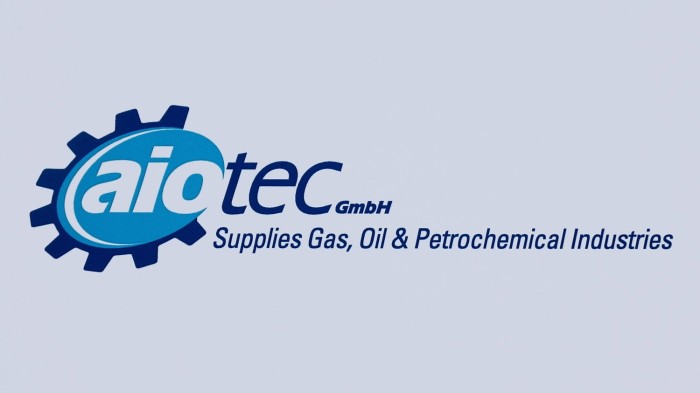Unlock the Editor’s Digest for free
Roula Khalaf, Editor of the FT, selects her favourite stories in this weekly newsletter.
A German company has been penalised for industrial-scale sanctions evasion after being caught smuggling a decommissioned petrochemical plant from Australia to Iran.
Aiotec GmbH agreed to pay a $14.5mn settlement to the US Treasury after tricking business partners into letting it dismantle and ship an Australian polypropylene facility in contravention of sanctions against Tehran.
The unusual case, which included a multiyear campaign of falsifying documents to dupe partners into believing the plant was destined for Turkey, highlights Washington’s enduring ability to enforce sanctions well beyond its borders.
The Treasury’s Office of Financial Assets Control (Ofac), which enforces US sanctions, described the case as an “egregious” violation that should serve as a warning for any global company doing business with the US or using the US dollar.
According to Ofac, an unnamed Australian company in 2015 found a US company to buy its decommissioned polypropylene plant, which it planned to dismantle and ship elsewhere.
But the US company delegated much of that work to Aiotec, which in turn paid the American business $9.5mn to buy the polypropylene plant, help dismantle it and then ship the facility from New South Wales to the Turkish city of Van, which is near the Iranian border. Aiotec said the plant would be set up and run as a joint venture with a Turkish company.
The ultimate buyer was actually Petro-Iranian Downstream Industries Development — a company later sanctioned for its support for the elite Islamic Revolutionary Guard Corps (IRGC).
According to the US Treasury’s office, Aiotec “began dismantling the plant and, between 2017 and 2019, exported it in parts from the Australian port of Newcastle to the port of Bandar Imam Khomeini, Iran”.
Ofac said Aiotec went to great lengths to disguise the true destination of the Australian plant, working with a Turkish company to create a cover story as its American partner grew increasingly suspicious.
Aiotec commissioned logistics companies to ship the parts to Iran under contracts that, according to Ofac, “specifically instructed the freight forwarders not to register the end user’s name and address as “Iran” with Australia’s customs office, but instead to report the final destination as either the UAE or Türkiye”.
An aggravating factor in Ofac’s judgment was that the American company had repeatedly reminded Aiotec of its sanctions requirements as a US entity.
In 2018, the US company even confronted Aiotec about the true buyer of the plant after a tip-off from an anonymous source. Aiotec was barred from accessing the site in Australia until it convinced its partners that the plant was being sent to Turkey, not Iran.
Aiotec responded with statements from its corporate lawyer, falsified bills of lading, a fake contract with the Turkish company — and a complaint from the supposed Turkish buyer about delays in shipping.
Ofac said Aiotec’s scheme undermined “the US government’s policy objectives of denying funding and productive assets to key elements of Iran’s petrochemical sector, which also provide support to the IRGC”. The last round of new US sanctions designations on Iran, announced in October, sought to focus on the Iranian petrochemical sector.
Aiotec was founded in 2011 by Mehdi Hassan Nejad, an Iranian who completed a PhD in Berlin. The German business magazine WirtschaftsWoche in 2016 described him as one of a small number of business people in Germany willing to risk trading with Iran against the backdrop of sweeping US sanctions imposed on Tehran.
It said that Nejad supplied Iran with components for the operation of oilfields and chemical factories after obtaining the necessary export documents from the federal authorities. He told the magazine that the elaborate and time-consuming legal hurdles were worth it, adding: “That’s where the action really is.”
Aiotec did not respond to a request for comment.
Read the full article here

